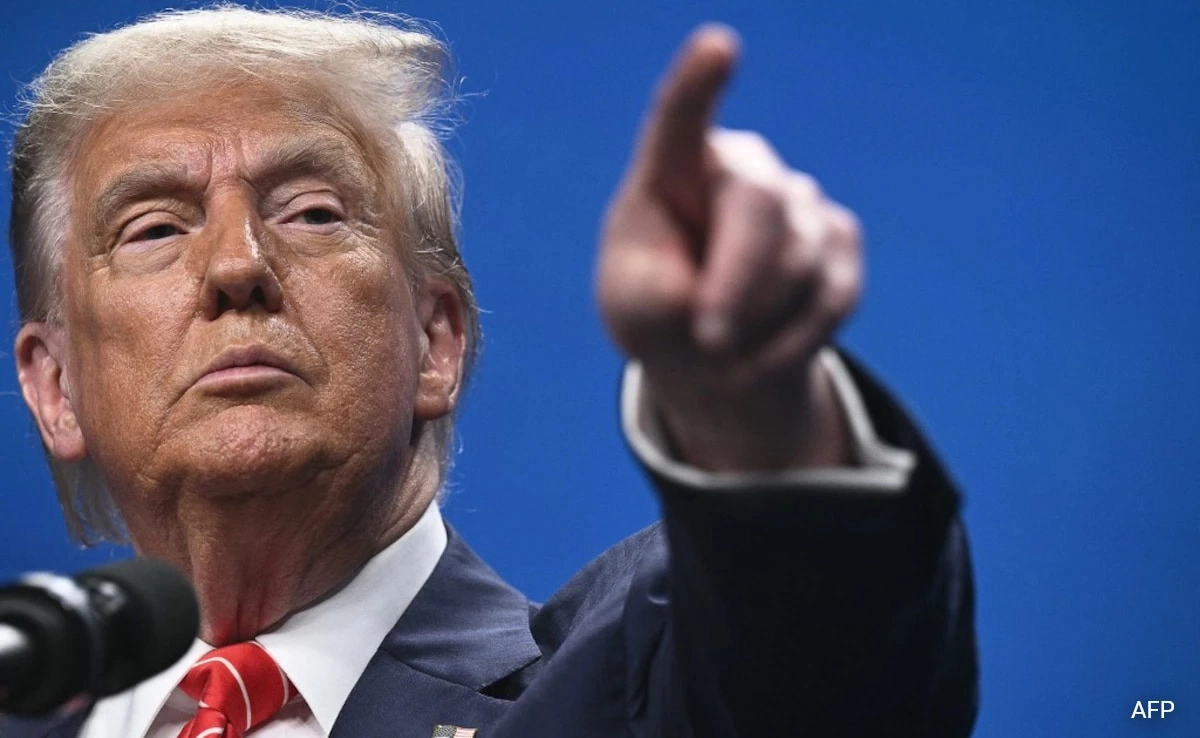In a shocking incident that unfolded on the streets of Nepal, the country’s Finance Minister was aggressively pursued and physically assaulted by a group of protestors. The confrontation highlights the growing unrest and discontent among the populace regarding the government’s financial policies and economic management. Eyewitness accounts describe a scene filled with chaos as the minister, visibly shaken, attempted to escape the enraged crowd. The protestors, expressing their frustration over rising inflation and economic hardships, resorted to violence, underscoring the escalating tensions between the government and citizens.
The incident has sparked widespread outrage and debate about the state of governance in Nepal. Many citizens feel that their voices are not being heard, particularly in light of the financial challenges that have been exacerbated by global economic factors. Reports indicate that the public’s anger is directed not only at the Finance Minister but also at the broader governmental framework that many believe has failed to address pressing economic issues such as unemployment and the cost of living. The physical attack on the minister has raised concerns about political stability in the region and the potential ramifications for future governance.
As the dust settles on this alarming event, political analysts are urging for a more profound dialogue between the government and its citizens. They emphasize the need for transparency and accountability, arguing that such violent outbursts could be mitigated through better communication and engagement with the public. The incident serves as a stark reminder of the fragile state of democracy in Nepal, where economic discontent can quickly turn into public outcry. As the nation grapples with these challenges, the hope is that leaders will heed the warnings and take meaningful action to address the underlying issues facing their constituents.




